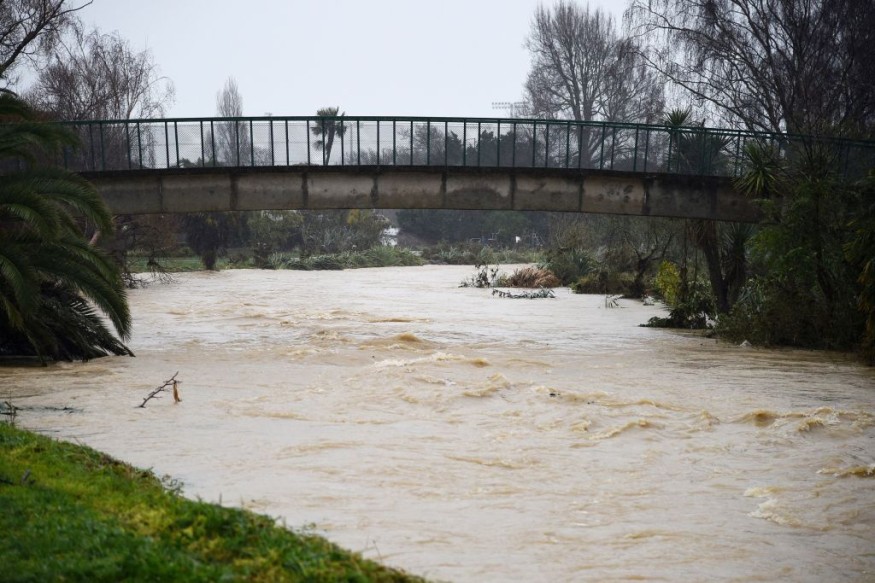Deadly flooding due to continuous heavy rain in Auckland, New Zealand, resulted in multiple deaths, as thousands of people became stranded when raging floodwaters overwhelmed streets, homes, and businesses, according to local sources.
Initial reports said at least three people died and one remains missing since heavy showers started pouring in the city on Friday, January 27.
Local authorities reportedly consider that New Zealand's largest city on Friday experienced its "wettest day on record."
The authorities also declared a local state of emergency as a means to further manage evacuations, enforce disaster mitigation efforts, and access public emergency funds for recovery.
The situation remains volatile as torrential rain has continued as of Sunday, January 29.
New Zealand weather forecasts indicate that the rain and floods may continue in the city until early next week, primarily between Monday and Tuesday, January 30 and January 31.
During this period disruption to travel and utility services is possible to continue.
Since Friday, thousands of properties experience power outages and water supply cuts.
Auckland Flooding Casualties

New Zealand's weather forecaster, MetService, issued a warning that further severe weather is possible on Sunday and Monday across the north island, adding that the continuance of intense rainfall could lead to surface flooding and flash flooding.
The weather agency released severe thunderstorm warnings in affected areas, primarily in the Northland and Auckland areas, where a severe thunderstorm watch is in place.
The MetService stated a slow-moving front to the west is expected to pass over northern Auckland and Northland from Sunday evening to Monday morning.
In addition, the forecast added that thunderstorms are possible to occur due to the front, some of which could be severe.
The agency clarified that whether thunderstorms will occur or not, there is still a possibility of heavy precipitation of rain, which can intensify from 20 to 40 millimeters per hour.
This is especially the case between 9:00 p.m. on Sunday and 10:00 a.m. local time on Monday.
Conditions may also likely to ease for Auckland during the said period.
Climate Change and Global Warming
The record-breaking amount of rainfall in New Zealand on Friday was acknowledged the country's climate science body the National Institute of Water and Atmospheric Research (NIWA), as cited by the BBC.
In relation to the warning by climate scientists about climate change, research conducted by NIWA reveals global warming could lead to more extreme weather events in New Zealand.
During a tweet on Saturday, climate Change Minister James Shaw noted that the natural disaster in Auckland is linked to climate when he expressed his support for individuals affected by the flooding, as cited by Reuters.
To further understand the cause of New Zealand's ongoing adverse weather, AccuWeather International Meteorologist Jason Nicholls stated the heavy rain in Auckland was due to a moisture from a former tropical depression.
Still, heavy rain and flooding are still likely to continue for Auckland in the coming hours.
© 2026 NatureWorldNews.com All rights reserved. Do not reproduce without permission.





